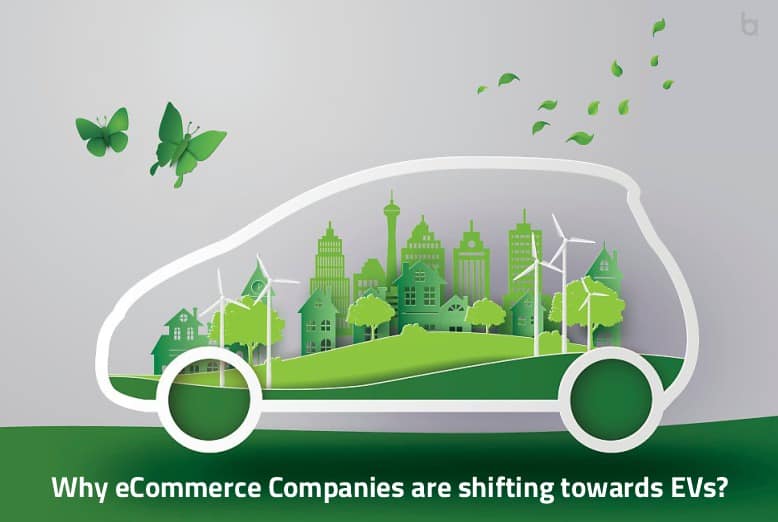The eCommerce sectors rely heavily on numerous companies for their supply chain & logistic. Such service providers deploy vehicles on fleet via leasing model. The eCommerce sector is starving for a massive update for partners, who can provide complete logistics solutions by including services like, infrastructure, operations management, IT and service management, etc. Electric vehicles manufacturers partnering with eCommerce giants can be a huge step in changing logistics services.
Gradually government and private sectors are focusing on eliminating the use of petrol and diesel vehicles as far as possible. The buyers nowadays are also considering EVs when choosing a car or bike for themselves. Although all of them are not worried about climate change but are forced to do so due to the continuously increasing price of fuel.
Advantages of using Electric Vehicles
- Better for the environment.
- Almost 70 percent less maintenance cost.
- Better in terms of Noise, Vibrations & Harshness (NVH) levels.
- Tax credits are available for owners.
- The running cost is approximately 5 times less than that of petrol vehicles and 3 times less as compared to the diesel vehicles.
The above-mentioned advantages can defiantly attract the buyer to think of buying one but guess what will create confusion and in most cases will leave no choice other than going for petrol or diesel car? Well, it’s poor charging station infrastructure and a shortage of charging facilities on highways.
Flipkart to Deploy 25,000 EVs by 2030
India’s home-grown eCommerce giant Flipkart announced on the 24th of February 2021 to make use of 25,000 electric vehicles (EVs) for their city logistics purpose by 2030.
The Walmart-owned company Flipkart’s electric fleet will include a two-wheeler, three-wheeler, and four-wheeler that will be manufactured and designed completely in India. The Bangalore headquartered company Flipkart has partnered with three companies like Hero Electric, Mahindra Electric, and Piaggio. The company backed by partners has started to work on building infrastructures for charging stations near the delivery hubs and offices. This step will encourage delivery executives to use EVs.
The company has already started to deploy two-wheelers and three-wheelers that some of you might have even seen on roads in cities like Delhi, Bangalore, Pune, Hyderabad, and Kolkata.
The CEO of Hero Electric Sohinder Gill said, “The partnership with Flipkart will help transform a significant number of their fleet to EVs and encourage the eCommerce industries to actively adopt EVs.”
Amazon India Partners with Mahindra for EVs
This step by Flipkart seems like a planned strategy after the rival eCommerce company Amazon India has announced a partnership with Mahindra Electric a few days ago. Although Mahindra’s Treo, a three-wheeler EV has already been spotted serving city logistic needs for them in the past. The final aim of the company is to deploy a minimum of 10,000 EVs for its local delivery fleet by 2025.
Also read, Flipkart Moves Towards Plastic Free World














